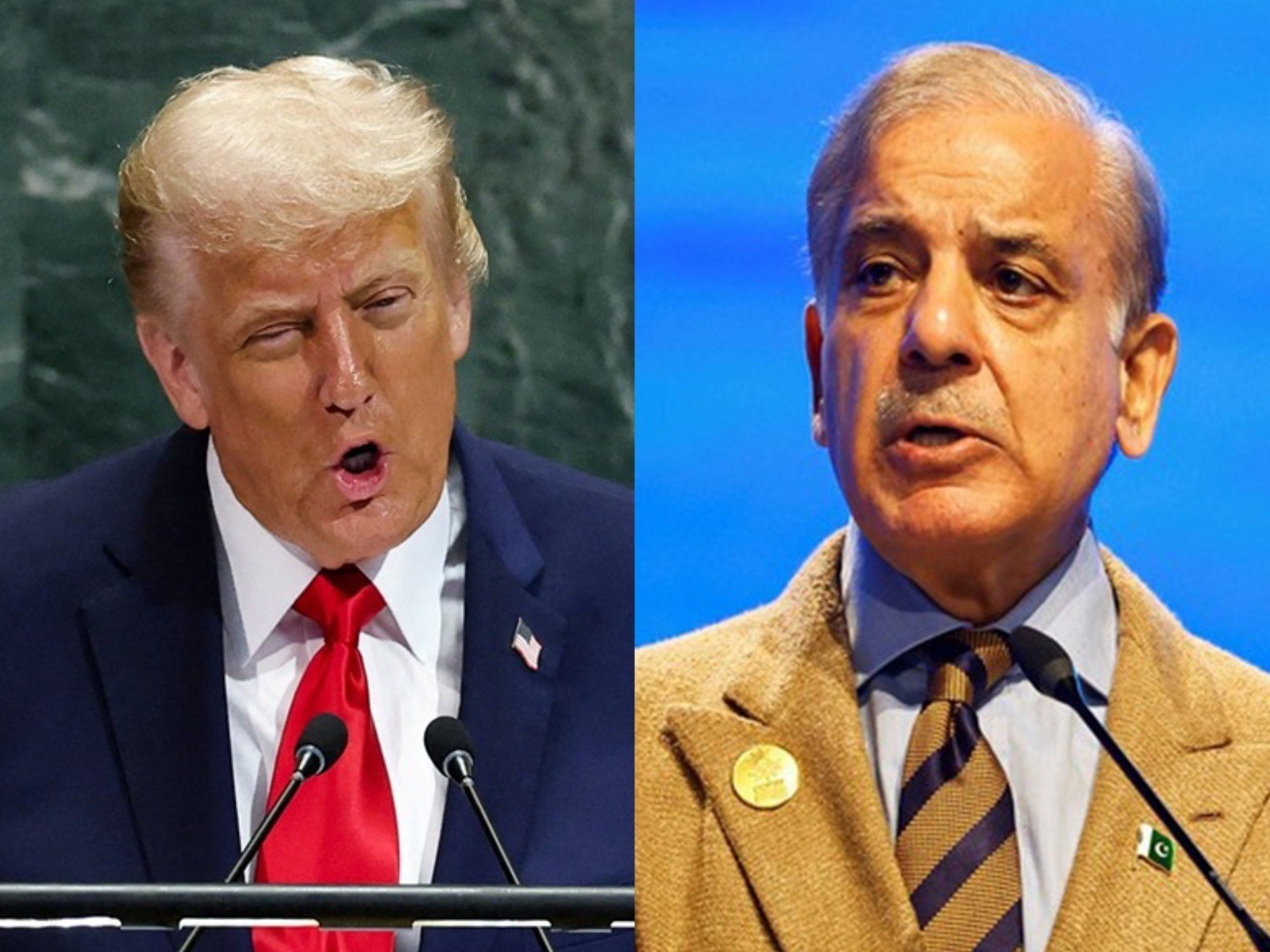Strategic Minerals Deal Ignites New Phase in Pakistan-US Relations
Pakistan and the US are advancing their strategic partnership through a rare earth minerals export agreement. USSM has initiated this with a mineral sample shipment to the US, marking a key step in the global supply chain. The deal promises economic benefits for Pakistan but faces political opposition.

- Country:
- Pakistan
Pakistan's collaboration with the United States has taken a significant step forward as both nations embark on an economic and strategic partnership to export rare earth minerals. According to Dawn, US Strategic Metals (USSM) has sent its first consignment of mineral samples to the US as part of this agreement, following a September MoU with Pakistan. This collaboration involves an anticipated investment of nearly USD 500 million by the American firm to establish mineral processing and development facilities within Pakistan.
Sources in Washington suggest the shipment signifies a pivotal move towards integrating Pakistan into the global critical minerals supply chain, a sector crucial for industrial growth and national security. The shipment, prepared with the Frontier Works Organisation (FWO), includes minerals like antimony, copper concentrate, and rare earth elements such as neodymium and praseodymium.
USSM described the delivery as a "milestone in the Pakistan-US strategic partnership," underscoring a roadmap for cooperation across the mineral value chain, from exploration to refinery establishment in Pakistan. USSM CEO Stacy W. Hastie expressed enthusiasm about this new chapter of collaboration with Pakistan's FWO, aimed at boosting trade and deepening bilateral ties.
This agreement offers Pakistan an opportunity to join the global critical minerals market, potentially generating significant revenue, job creation, and technology transfer. Pakistan's mineral reserves are estimated at USD 6 trillion, positioning it as one of the richest countries in natural resources. The US benefits from improved access to essential raw materials and reduced reliance on dominant suppliers that control the global minerals market.
Despite its economic prospects, the deal has encountered political resistance. The opposition party, Pakistan Tehreek-e-Insaf (PTI), has raised concerns over the agreement. PTI Information Secretary Sheikh Waqqas Akram demanded transparent disclosure of what he termed "secret deals" with Washington, particularly following a Financial Times report alleging plans to offer Pasni Port to the US. Akram condemned what he described as "reckless, lopsided, and secretive agreements" that could exacerbate domestic unrest.
Akram insisted on parliamentary and public transparency, emphasizing that PTI "would never accept agreements made at the people's and state's expense." Military sources refuted the Financial Times' claims, clarifying that the Pasni Port discussion was a commercial idea rather than official policy. Akram also invoked historical lessons, urging the government to avoid repeating past mistakes like Mughal Emperor Jahangir's fateful decision granting trading rights to the British at Surat Port in 1615.
(With inputs from agencies.)










